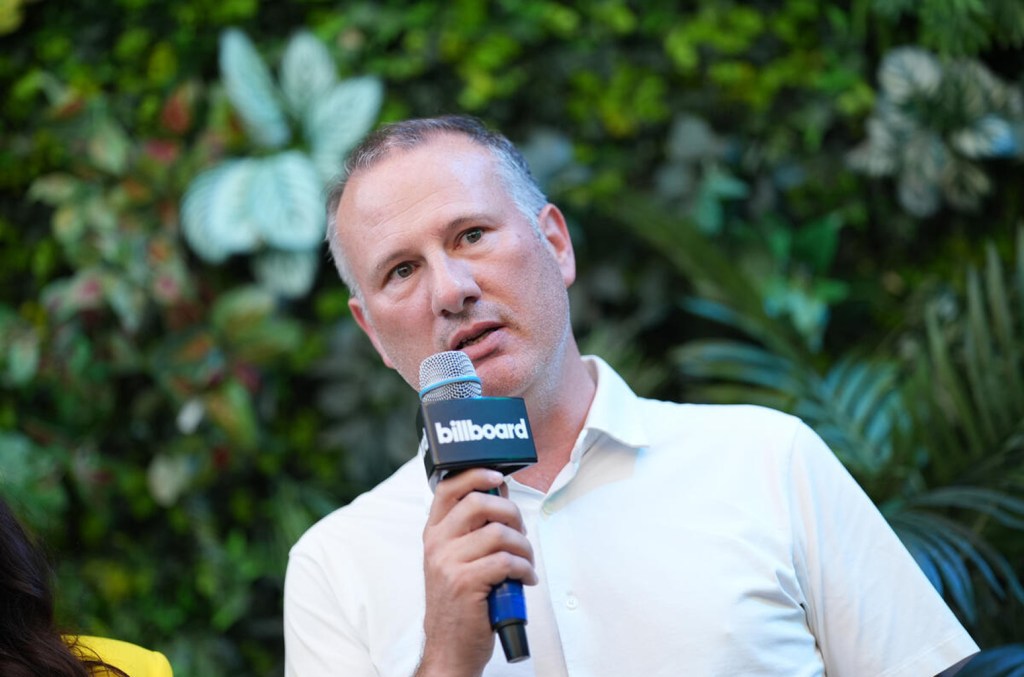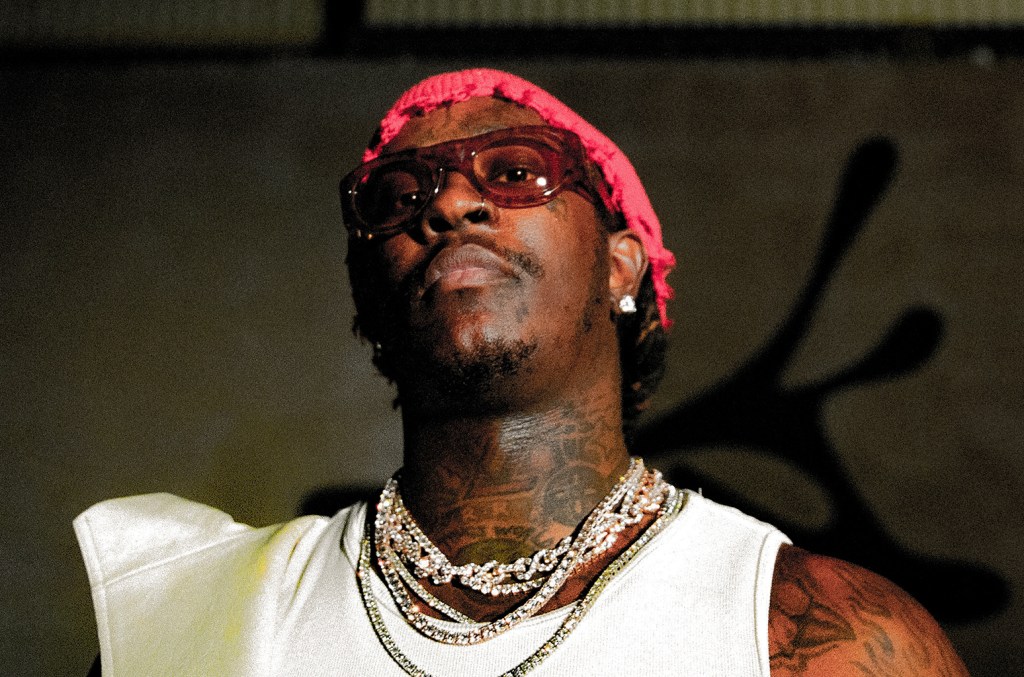Believe Eyes U.S. Expansion While Maintaining Focus on Emerging Markets: ‘We’re Building Teams in 50 Countries’
Written by djfrosty on June 13, 2025

In 2023, Believe CEO Denis Ladegaillerie told Billboard he was eying the U.S. Two years later, the Paris-based company is ready to expand its artist and label services business to the world’s largest music market.
“We’re building teams in 50 countries, and we’re going to build more in other countries, starting with the U.S. this year,” says Romain Vivien, global head of music/president for Europe. In fact, Believe is currently hiring a Los Angeles-based vp of labels and artist solutions for the U.S. who can “grow, scale and motivate high output teams,” according to the job posting.
Founded in 2005 by Ladegaillerie, a former Vivendi executive, Believe has done brisk business by focusing on large European markets and developing markets globally. From 2020 to 2024, Believe’s revenue rose 124% to 988.8 million euros ($1.05 billion) through organic growth and a mix of acquisitions and investments. Its portfolio includes German record labels Nuclear Blast and Groove Attack; French label PlayTwo; and Doğan Music Company, Turkey’s largest independent record label. In 2023, the company moved into publishing by acquiring U.K.-based Sentric Music Group for $51 million.
Trending on Billboard
The opportunity in the U.S. is immense — but the market is crowded. The U.S. accounted for 38% of global recorded music revenues in 2024, according to the IFPI. That’s 2.8 times more than Believe’s top two markets, France and Germany, combined. Competition in the artist and label services realm already exists from Universal Music Group-owned Virgin Music Group, Downtown Music Group (acquired by UMG but not yet approved by the European Commission), Sony Music’s The Orchard, and AWAL and smaller independents.
The Americas accounted for only 15% of Believe’s revenue in 2024, well behind Asia/Oceania/Africa’s 24% and Europe’s 61%, according to the company’s earnings report. Much of that Americas revenue came from U.S.-based digital distributor TuneCore, acquired by Believe in 2015, which had revenue of 64.6 million euros ($69.9 million) but was dwarfed by the 924 million euros ($1 billion) generated from Believe’s “premium solutions” business that spans record labels and services for artists, labels and songwriters.
But the current U.S. market is more amenable to an independent like Believe that has a digital-first mindset. Over the years, legacy gatekeepers such as TV, radio and brick-and-mortar retail — which are impediments or costly promotional vehicles for an indie artist — have waned in influence. The rise of TikTok, Spotify and YouTube presents “more opportunity to develop artists [there] digitally,” Ladegaillerie told Billboard in 2023.
In focusing on mid-sized and developing markets, Believe foresaw a global music business where streaming and social media create vibrant local music scenes. As an independent, Believe didn’t suffer from “the innovator’s dilemma” that might inhibit larger companies from pursuing small opportunities that could contribute significant revenue over time. Those mid-sized and developing markets produced music but organized themselves independently because major music companies were investing in larger markets in North America and Western Europe. When digital services like YouTube and Spotify took off, artists and labels needed digital distribution services and marketing expertise.
“It’s first and foremost about being here for the local community of artists in each local market,” says Vivien, “helping the rise of local artists to develop in their own country and then, of course, outside of their own market.”
India, where Believe has operated for more than a decade, is the company’s third-largest market after France and Germany, according to Vivien, while ranking No. 15 globally in 2024, according to the IFPI. Indian music is hyper-regional but takes advantage of global streaming platforms to reach Indian communities in Canada, the U.S. and Australia. A third of Believe’s Punjabi streams come from outside of India, Vivien says.
In the U.S. market, Believe will find a growing number of artists who want help building a career while retaining ownership of their rights. Independent distributors accounted for 91.8% of the 99,000 tracks uploaded to streaming platforms daily in 2024, according to Luminate, and independents’ recent share of current recorded music consumption has ranged from 15.6% in 2024 to 16.5% in 2022 by distribution. Within the major labels’ share is an increasing number of licensing deals and joint ventures that give the artist greater ownership control.
The exact terms of Believe’s client deals vary, but the company takes a share of the revenue generated by artists’ music. Vivien says the deals can vary from co-production deals to distribution-and-services deals. Believe can cover marketing, promotion, content creation, neighboring rights, synch, merchandising, branding and, in France, touring. Believe sometimes funds advances, too — as of Dec. 31, 2024, the company had 293 million euros ($305 million) of artist advances on its books.
The key, Vivien tells his team, is not to enter into a deal without “perfectly understanding” what the artist needs. “Some of them [have] very strong management. Some of them can produce,” he says. “Some of them are well funded, so they don’t need advances to produce their master. Some of them actually need funding. Some of them need marketing. Some of them are very local. Some of them need services outside of their market.”
Larger competitors have followed Believe’s emphasis on label services and emerging markets. In the last year, UMG acquired the remaining majority interest in [PIAS] and, through its Virgin Music Group, purchased Downtown Music Group. Sony Music bought artist services provider AWAL in 2021. Warner Music Group expanded its presence in India in 2024 through a partnership with Global Music Junction and an investment in live entertainment and ticketing platform SkillBox.
Believe went public in 2021 and was taken private in 2024 by a consortium led by Ladegaillerie and two investors, EQT and TCV. (In April, the company launched a bid to acquire the small number of remaining 3.3% of share capital, valuing the company at $1.75 billion.) The consortium survived an interested Warner Music Group, leaving Believe outside the control of the three major music groups. Not only did the move allow Believe to retain its independence, it left the company well funded to pursue its mission. As Vivien puts it, “We are entrepreneurs who are helping and serving other entrepreneurs.”

 State Champ Radio
State Champ Radio 




